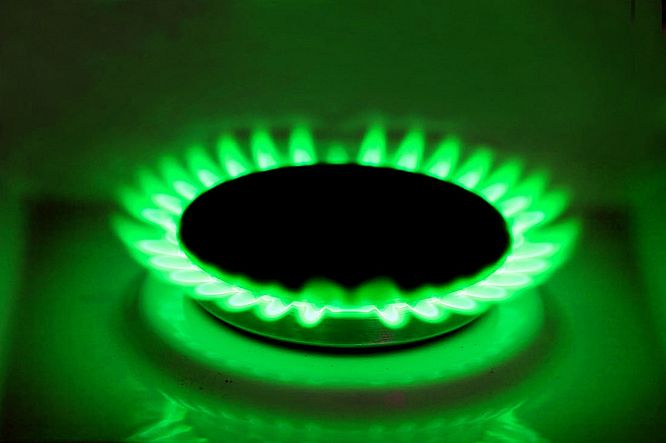11 May 2017

Natural gas must play a larger role in helping Australia and its trading partners make the transition to a low-carbon future.
“Every analysis by credible experts shows that natural gas is essential to delivering reliable, cleaner energy over the next 20 years,” said APPEA Chief Executive Dr Malcolm Roberts.
“Experience in countries such as the US shows that the most significant opportunity available today to curb emissions is replacing coal-fired power with gas-fired generation. It is a shift which can cut emissions by 50 per cent or more, without jeopardising energy security.
“However, in Australia, energy policies and climate change policies often pull in opposite directions.
“We see the costs and risks in developing gas escalating, with some State governments placing political bans on developing new supply. The same State governments that boast about their commitment to climate change action are effectively locking in dependence on coal-fired power.
“Yet climate change models assume a smooth transition to a low-emissions economy, made possible by the growing use of natural gas in electricity generation. The Climate Change Authority has suggested that our use of gas-fired generation will need to double or triple to meet the Government’s 2030 target.”
Dr Roberts said encouraging more gas development should be one of the central aims of the Commonwealth’s Review of Australia’s Climate Change Policies.
“More gas development is a win for the environment and a win for Australian consumers. It should be at the core of any climate change response,” he said.
“Using more natural gas in power generation and resource processing would allow Australia to meet its growing energy needs while also reducing emissions. Gas‑fired electricity generation is the key technology that combines reliability and rapid ramp-up to complement intermittent renewable energy.
“If the industry is allowed to develop our natural gas resources, industry can deliver long‑term, cleaner energy at home and across the Asia‑Pacific. LNG exports offer the world cleaner energy while also generating jobs, economic growth and taxation revenues here at home.”
APPEA has long supported a national climate change policy that achieves emissions reductions at least cost and facilitates investment decisions consistent with an international price on carbon.
Dr Roberts said this approach shaped APPEA’s response to key issues raised in the review’s discussion paper, including the treatment of trade-exposed industries, access to international carbon markets and improvements to the Emissions Reduction Fund’s Safeguard Mechanism.
For more information, see APPEA’s submission and APPEA’s Climate Change Policy Principles. Download PDF
Media Contact

